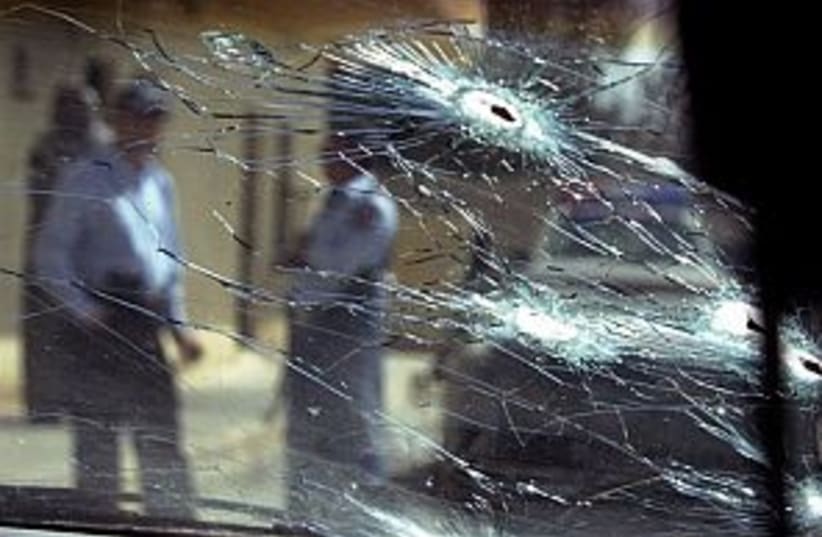| JPOST.COM HIT LIST | |
| JPost.com's most popular articles this past week |
Palestinians flee from killings in Iraq
Jordan refuses their entry; Saddam had allowed Palestininans many privileges.


| JPOST.COM HIT LIST | |
| JPost.com's most popular articles this past week |